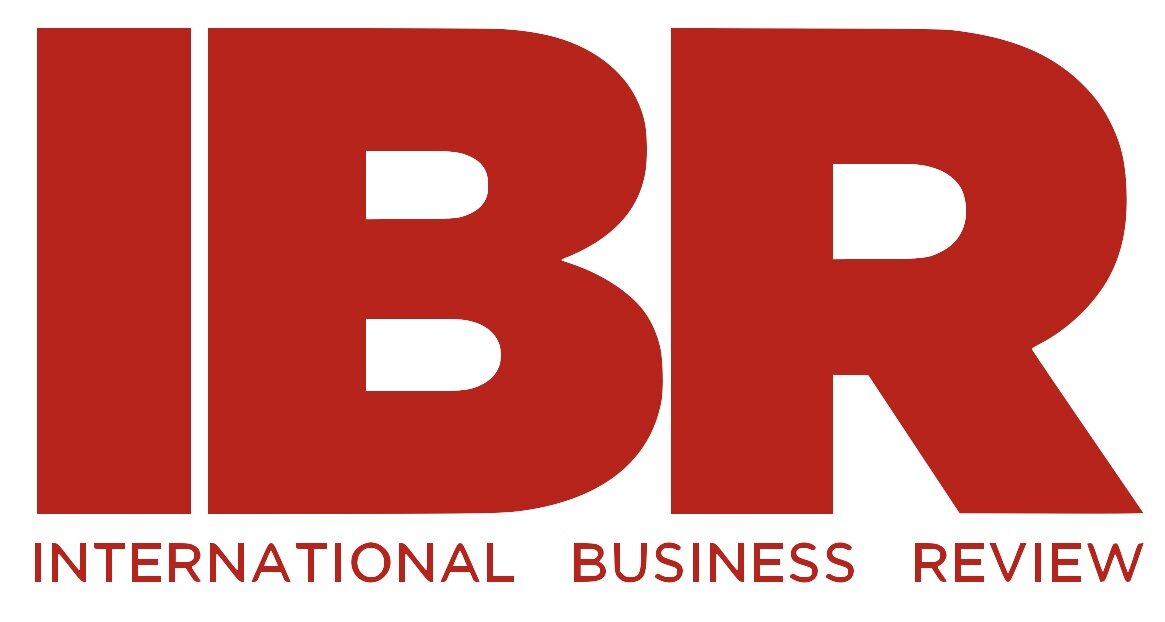TikTok’s Rollercoaster Journey and its Future Amid U.S-China Tensions by Jennifer Wang W’24
After hitting two billion downloads worldwide on Apple Store and Google Play in early 2020, TikTok has become the fastest growing social media platform in recent years. The viral consumer app belongs to Bytedance, a Chinese company founded in 2012 by Zhang Yiming and headquartered in Beijing, China. After entering the U.S. market in 2017 and 2018, Bytedance launched TikTok and acquired Flipgram and Musical.ly. Nowadays, TikTok has gained popularity, especially among American teenagers, with its innovative feature that allows people to create vines, comedy bits, and lip-sync videos. “One hundred million Americans use TikTok at least once a month,” the company claims, “and half of those use it every day.”
However, before Bytedance could celebrate itself as the first Chinese company to successfully penetrate the global consumer app market, the U.S. government has started to take action against it due to security concerns. As early as October 2019, when the U.S-China trade war was at its height, U.S. officials started to warn about the threat of TikTok, along with other Chinese apps like WeChat and Alipay. The official effort of banning TikTok began in the summer of 2020 after former President Trump issued two executive orders, one barring U.S. companies from working with TikTok and another demanding that Bytedance sell the app. Trump maintained that Bytedance posed a national security threat because all user data was ultimately manipulated by the Chinese Communist Party against the U.S.
Since then, several U.S. firms, notably Microsoft, Walmart, and Oracle, have attempted to reach a deal with Bytedance to acquire TikTok’s business in the North American market.. Microsoft’s bid ended in August, while Oracle confirmed in early September that it would operate U.S. user data by becoming the cloud provider for TikTok. Oracle’s share price jumped 4.3% after its announcement, without the deal even being finalized. Meanwhile, the TikTok ban was delayed after two successful requests of preliminary injunctions, and the U.S. government’s “battle” with TikTok was halted by the 2020 election and the victory of Joe Biden.
Nevertheless, the future of TikTok remains highly uncertain under the new administration. The Biden administration regards the TikTok ban as “such a hastily assembled deal that it will never survive legal challenge.” In February 2021, the administration asked for a suspension of proceedings while the new staff "become familiar with the issues in this case." It seems like President Biden has chosen to take a softer approach to Chinese technology in general including other issues like 5G networks, semiconductors, etc. If the deal is eventually canceled, Bytedance would be able to continue its operations of TikTok without interruptions. However, this scenario still remains highly unlikely due to the bipartisan concern of growing Chinese technology companies like Bytedance, Huawei, Alibaba, and more. While Biden has said little about his plan for TikTok, the tension between the U.S. and China would only increase due to the ongoing power struggle between the U.S. and China. TikTok could serve as an early test of Biden’s attitudes toward China, but the final result remains unclear.
Nonetheless, Bytedance can rest assured that the Biden administration would give enough time and details for it to reach a comprehensive deal with Oracle, Walmart, or other firms. It is Washington’s task to develop strategies that address the key issue of national security while complying with legal requirements.
Jennifer Wang is a freshman at the Wharton School interested in finance, marketing, and management. Originally from Shanghai, China, she enjoys learning about global politics and international businesses. In her free time, she enjoys K-pop dancing, playing the guitar, traveling, and theatre.

